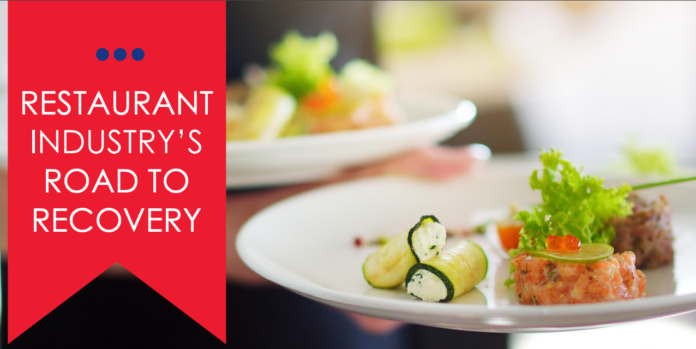
PROVIDENCE – Rhode Island had been expecting moderate growth in the restaurant industry and modest lodging industry growth into next year. What these industries and economic experts didn’t expect was an exogenous shock to the economy, making it “virtually impossible” to predict figures for next year.
Industry advocates and economists predicted that the hotel industry may not recover to pre-pandemic levels for potentially four years, during the 17th annual Rhode Island Hospitality Association Economic Outlook Breakfast hosted virtually on Wednesday.
“It’s not great news,” said Rachel Roginsky, principal of the Pinnacle Advisory Group, a hospitality consulting firm. “And it’s hard to remember how well we did last year.”
As previously reported, nearly 8,800 have been left jobless in the Ocean State’s hotel sector and an estimated 8 out of every 10 hotel rooms are empty, which has led to local hospitality leaders pleading for aid from Congress.
According to Roginsky, driving vacations boosted some recovery in the state this summer.
Rhode Island’s drive market includes the New England states, New York, New Jersey, Pennsylvania and Washington, D.C., which have been an area of focus of the R.I. Commerce Corp.’s “Fun-Sized” ad campaigns.
After 10 years of RevPAR growth, Roginsky said 2019 did start to slightly slow down. But, hotels nationwide are expected to lose 50% of their revenue in 2020 – more than $120 billion – according to groups such as the American Hotel & Lodging Association. And nationally, because of the loss of international travel to the U.S., the industry is expected to lose nearly $55 billion, according to Roginsky.
Roginsky reported a 36.9% occupancy rate in Rhode Island in July 2020 compared to 64.1% occupancy in July 2019, an average daily rate decline from $148.85 to $120.30 and a RevPar decrease by 47% to $44.39. This value varies, but Rhode Island’s is the lowest compared to Massachusetts, New York and Washington D.C., according to Roginsky’s figures.
While many areas of the state are seeing some type of rebound, Providence continues to get hit the hardest. With the Rhode Island Convention Center shuttered and travel advisories in place,Providence and Warwick has lost $52 million in direct spending from canceled events from March through December alone. According to the presentations on Wednesday, 2021 could look great, but will slide with cancellations.
The pandemic has also had a negative impact on the restaurant industry.
Hudson Riehle, senior vice president of research and information for the National Restaurant Association, said that many sectors of the restaurant industry has remained closed, terminated for good, or are operating at a fraction of their pre-COVID levels.
Riehle said the Association’s original 2020 national forecast was $899 billion, but is now projected at $659 billion.
“It’s going to be a modest growth rate,” said Riehle, who said 15% of restaurants are closed now, which is more than 100,000 locations across the country.
It’s not helping, he said, that consumer confidence is low, especially among young people, and specifically more so in New England than in any other region of the U.S. West South Central has the highest consumer confidence index rating at 98.3 while New England has the lowest at 68.0.
In addition, Riehle also said 90% of all restaurant traffic in the second quarter was off-premise, which could also explain some of the latest trends in the industry. These include; eco-friendly packaging, plant-based proteins, delivery-friendly menu items, healthy bowls and scratch-made.
Alexa Gagosz is a PBN staff writer. Contact her at Gagosz@PBN.com. You may also follow her on Twitter at @AlexaGagosz.












